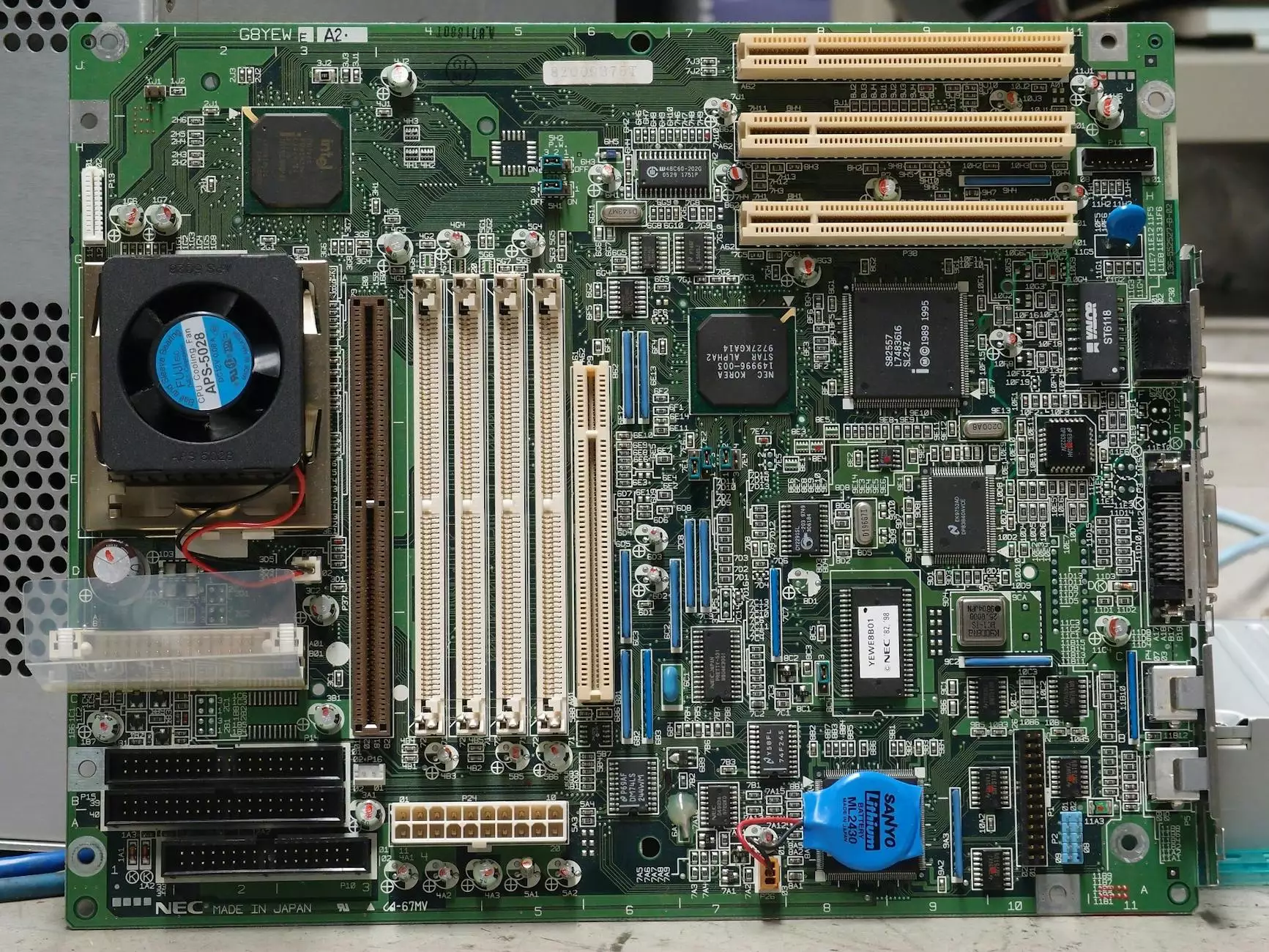The Importance of Boat Battery Storage for Health & Medical Nutritionists

As a health and medical nutritionist, your expertise extends beyond the realm of food and diet. Many professionals in your field enjoy taking breaks and seeking relaxation on their boats. However, one often overlooked aspect of maintaining a boat is proper battery storage. In this comprehensive guide, brought to you by Ainegy, we will explore the significance of boat battery storage, providing essential tips and techniques to ensure optimum battery performance and longevity.
Understanding the Impact of Boat Battery Storage
The battery is the heart of your boat's electrical system. It powers various essentials such as navigation lights, communication devices, refrigeration, and other vital equipment. Improper storage can lead to battery damage and reduced lifespan, potentially leaving you stranded or compromising safety in critical situations.
Tips for Proper Boat Battery Storage
1. Choose the Right Location: Start by selecting a suitable storage location for your boat's batteries. Ideally, the area should be dry, cool, and well-ventilated to prevent excessive heat buildup or condensation. Avoid storing batteries directly on concrete floors as they can discharge slowly.
2. Disconnect the Batteries: Before storing your boat, it is crucial to disconnect the batteries to avoid any drain caused by onboard systems. This step prevents self-discharge, ensuring your batteries are in optimal condition when you next set sail.
3. Clean and Inspect: Make sure to clean your batteries with a mix of baking soda and water to remove any corrosion or dirt. After cleaning, inspect the terminal connections for tightness and signs of damage. Tighten any loose connections and replace damaged terminals immediately.
4. Charge the Batteries: Before storage, ensure that your batteries are fully charged. Connecting them to a battery charger or a solar panel system will help maintain their charge during the storage period. Regular charging also extends their lifespan.
5. Consider Battery Maintenance: If your boat has multiple batteries or a complex electrical system, it is advisable to consult a professional for regular battery maintenance. This will ensure all connections and components are functioning optimally, preventing potential issues down the line.
Additional Tips for Long-Term Battery Storage
1. Proper Ventilation: If your boat will be in long-term storage, consider using a battery storage box with proper ventilation. This helps to dissipate any gases emitted during charging or discharging, minimizing the risk of explosion or other hazards.
2. Periodic Inspections: Regularly inspect your stored batteries during the off-season. Look for any signs of leakage, swelling, or other damage. Address any issues promptly to avoid further complications.
3. Keep Batteries Topped Up: If you have the option, periodically trickle charge your batteries to maintain their charge levels while in storage. This practice ensures they are ready for use when you are back on the water.
Conclusion
As a health and medical nutritionist, maintaining proper boat battery storage is as important as maintaining the health of your clients. By following the tips and techniques outlined in this guide, you can ensure that your boat batteries remain in optimal condition, enhancing safety and extending their lifespan.
Remember, taking the time to store your boat batteries correctly not only saves you from unnecessary headaches when you're out on the water but also provides peace of mind, knowing that your electrical system is always reliable.
For more expert advice on boat battery storage and other essential topics related to health and medical nutritionists, visit Ainegy.com today!










